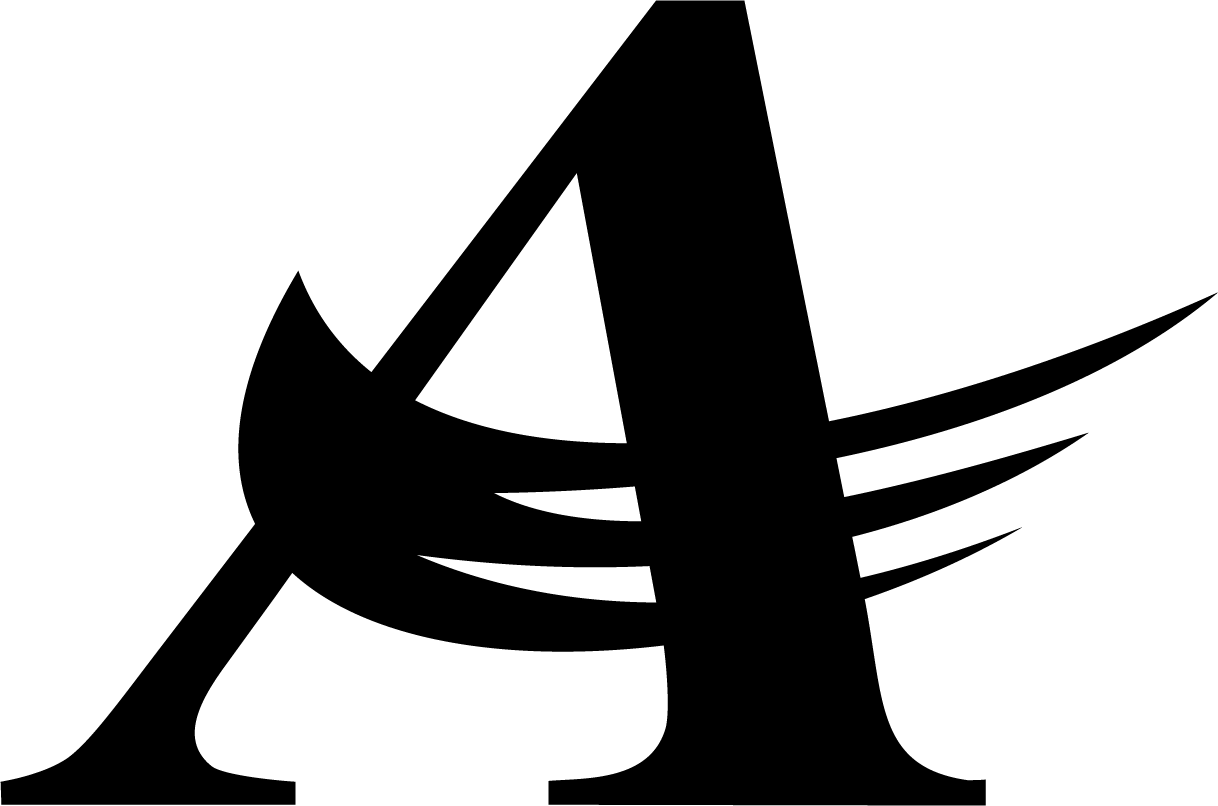
MoneyDo: Know how Roth and Traditional accounts could help you.
When it comes to saving for retirement, you’ve been given two tools designed to help you optimize your savings.
Roth vs. Traditional Retirement Accounts
- We all wish the government would let us save money for retirement and pay no taxes at all on those savings. But reality requires that we all pay taxes.
What the government offers instead is an opportunity for you to choose when to pay taxes – and when you pay could have a significant impact on how much is in your account when you begin to withdraw from it in retirement.
- On Roth accounts you pay taxes now on the money contributed. Earnings will grow tax-free and qualified withdrawals come out tax free.
- Traditional retirement accounts’ earnings grow tax-deferred. With traditional accounts you contribute to the account before you pay taxes on the income. You pay income tax when you take money out of the account in retirement.
Your goal is to pay taxes in the lower tax brackets.
- Many folks begin their working career in a lower tax bracket. If so, it’s an ideal time to contribute to a Roth account: you’re paying a lower tax rate now than you might if you waited until retirement to pay the taxes.
- It’s tough to predict the future, so one of the risks of contributing to a Roth is the uncertainty of what tax rates will be in retirement.
- If you contribute to a Roth IRA some caution needs to be taken to be sure your income doesn’t exceed the threshold for contributing.
- You receive no income tax deduction for contributions to Roth IRA, as you contribute to the account with after-tax funds.
- As long as you have earned income you can continue to a Roth IRA at any age.
- Upon reaching age 70 1/2 Roth IRA’s do not have required minimum distributions, therefore if the assets are not needed to fund living expenses in retirement Roth IRA’s can continue to grow tax free.
- Some employers offer Roth 401(k) contributions
- As you continue into your career, skills and experience, pay, and taxes all will likely increase. If you’re making more money, it’s likely you’ll pay more taxes. If so, it’s an ideal time to contribute to a traditional account: money withdrawn from the traditional IRA/401(k) at retirement will likely fall into a lower tax bracket than your peak earning years.
- If you contribute to a Traditional IRA some caution needs to be taken to be sure your income doesn’t exceed the threshold for contributing.
- The earning will grow tax deferred and distributions will be taxed when taken out.
- Once you reach age 70 ½ you are no longer able to contribute to traditional IRA.
- Also upon reaching age 70 ½ you start taking out your required minimum distributions and paying tax on that distributions.







